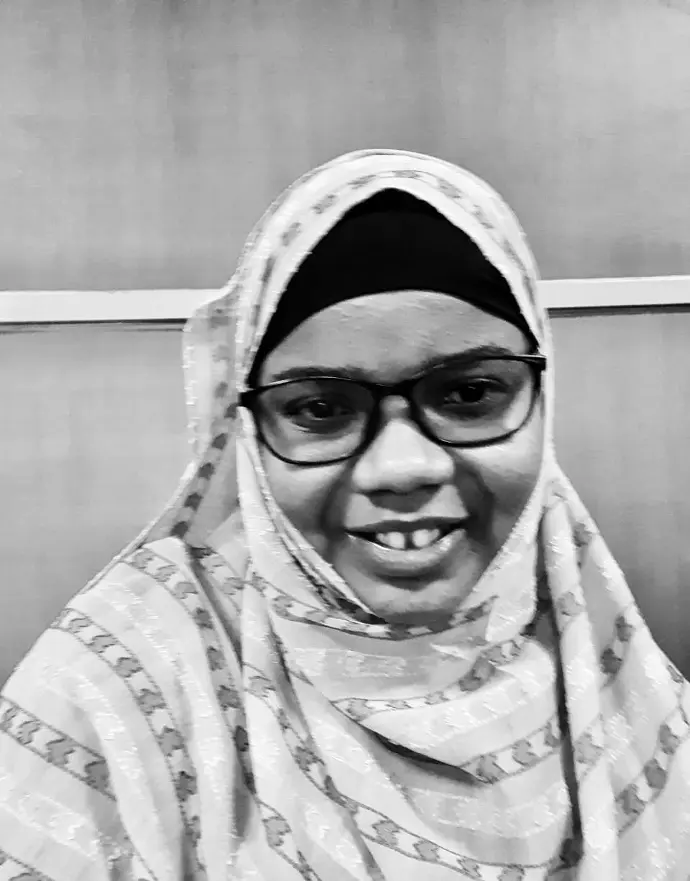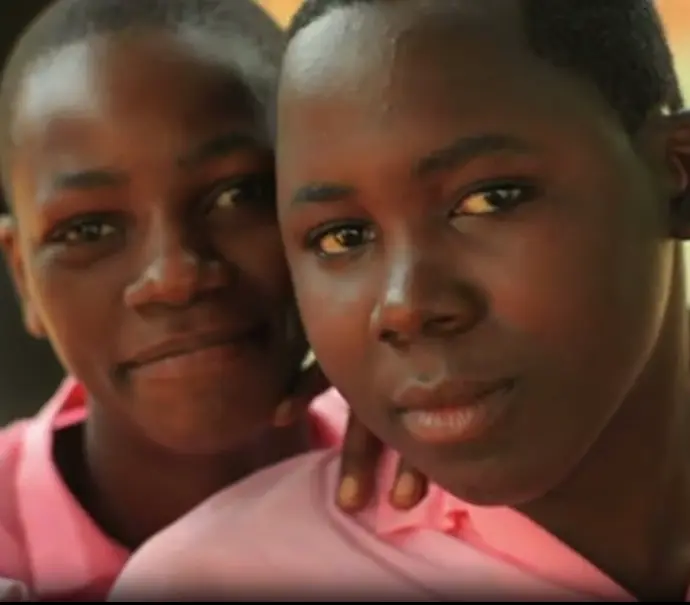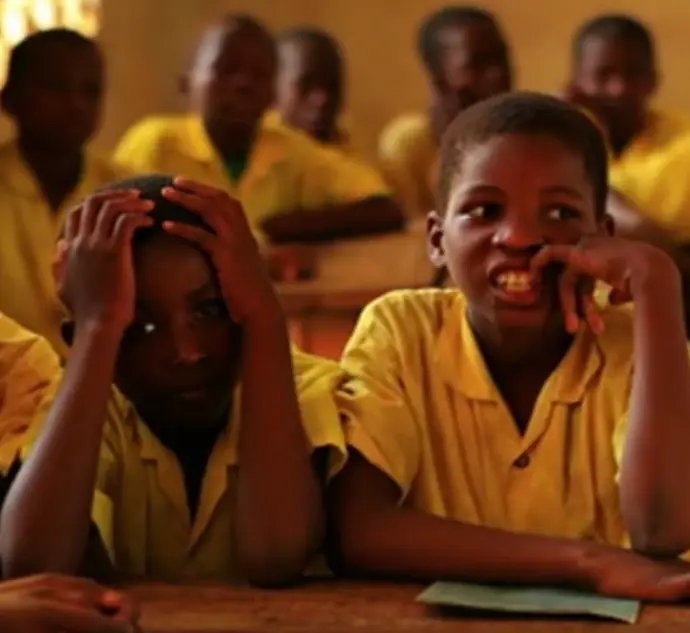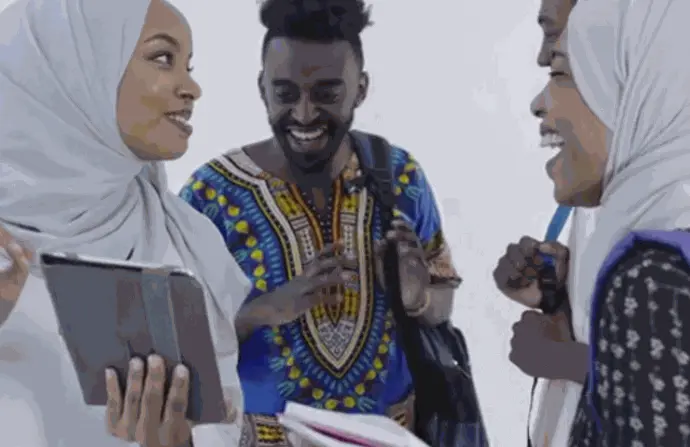ID: The backs of Black children in a schoolhouse wearing a uniform of yellow tops and green bottoms. Several students are raising their hands to get the attention of their teacher.

Zeinab
Mzungu
I am an instructional Designer at THENCE. We work across several different types of platforms to deliver interactive media and personalized content to learners that enhance professional development from discovery, through familiarization, and knowledge acquisition, all the way to mastery of teaching material using best practices and applied science of learning and teaching.
ID: A Black woman wearing glasses and a hijab poses for a black and white photo while looking into the camera.
On October 3rd, I had the honor of attending the Africa Dyslexia Summit at Mount Kenya University, organized by Dyslexia Organization Kenya, where I gained insights to better support students with dyslexia in my work as an instructional designer with THENCE. The summit provided valuable perspectives on dyslexia awareness, education, and advocacy in the African context while maintaining global relevance. Bringing together African educators, key stakeholders like the Kenya Institute of Special Education (KISE), and international presenters from the University of California and Georgia State University, the summit offered particularly valuable insights on cultural responsiveness in African educational contexts. I'd like to share some key takeaways that could be useful for those who work with children with dyslexia.

Culturally
Responsive Approaches
"There is a critical need for culturally responsive approaches in addressing students with dyslexia. The various languages and dialects necessitate culturally relevant assessment methods, as early diagnosis is crucial to student success."
ID: Two young Black girls in pink polos look into the camera for an up close photo. The girl on the left is smiling while the girl on the right maintains a neutral expression.
Cultural responsiveness emerged as a central theme throughout the speakers' discussions. Given the rich diversity within both Africa and the U.S., there is a critical need for culturally responsive approaches in addressing students with dyslexia. The various languages and dialects necessitate culturally relevant assessment methods, as early diagnosis is crucial to student success. Early intervention depends on comprehensive training that enables educators to recognize dyslexia. Beyond identification, this training must extend to creating structured literacy programs with evidence-based methodology for teaching, reading, and writing.
The summit also emphasized the crucial role of parental involvement in supporting children with dyslexia in special education programs. Experts stressed how parents and teachers must work together to advocate for these students' needs, ensuring they can thrive in school settings.
Mental Health
"Poor self-image, internal frustration, and anxiety—the most frequent emotional symptoms reported by both children and adults with dyslexia—underline the importance of integrating mental health considerations into educational initiatives."

ID: In a classroom setting, there's two young Black children in the forefront and several in the background wearing yellow collared uniform shirts. The child on the left has their hands on their head.
Technology emerged as another key tool in supporting children with dyslexia. For example, AI can be leveraged through tools like speech-to-text, helping bypass the difficulties of spelling and writing that often contribute to emotional challenges faced by learners with dyslexia. Poor self-image, internal frustration, and anxiety—the most frequent emotional symptoms reported by both children and adults with dyslexia—underline the importance of integrating mental health considerations into educational initiatives.

Practical Guidance
"THENCE’s educational designs will provide practical guidance on approaching schooling for children with learning disabilities while accounting for stress that they commonly experience."
ID: Four Black young people are talking and laughing in front of a white background. The two women in the foreground are both wearing white hijabs while the woman on the left is holding a tablet. The man centered in the background is wearing a very colorful printed top and carrying a black bag on his shoulder.
The summit provided me with an understanding of current gaps in addressing dyslexia in children and the barriers to enhanced educational outcomes, especially if educators lack proper information on how to handle the affected children. As an instructional designer, these insights will inform my construction of professional development programs that equip educators with the necessary skills to ensure accessible and inclusive learning environments for their students. THENCE’s educational designs will provide practical guidance on approaching schooling for children with learning disabilities while accounting for stress that they commonly experience. Incorporating social-emotional learning into curricula can be a strategy to mitigate the mental health struggles of children with dyslexia as we continue to work towards the ultimate goal of health equity in education.
Reference: International Dyslexia Association
Get in touch to talk with Zeinab Mzungu about our THENCE professional development educational offerings in Africa.